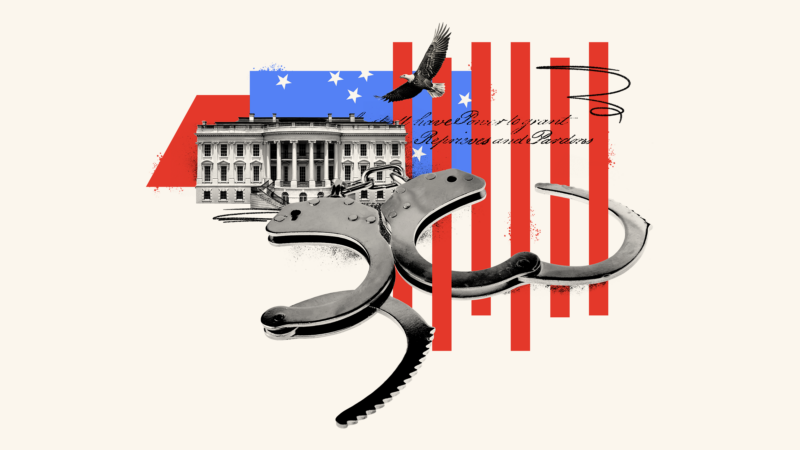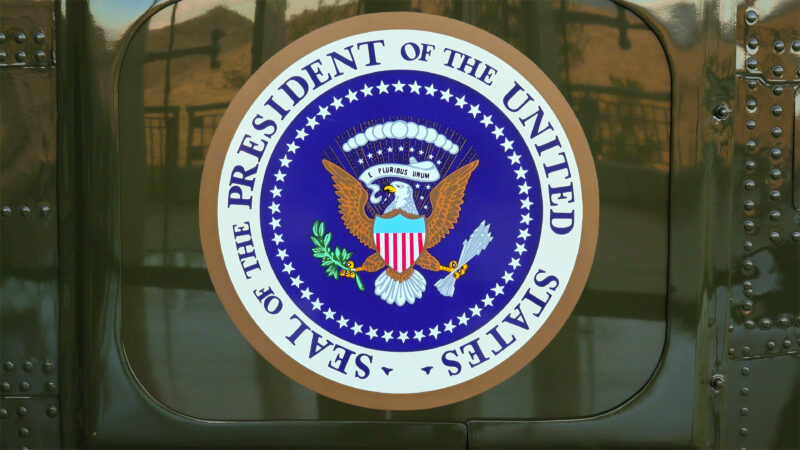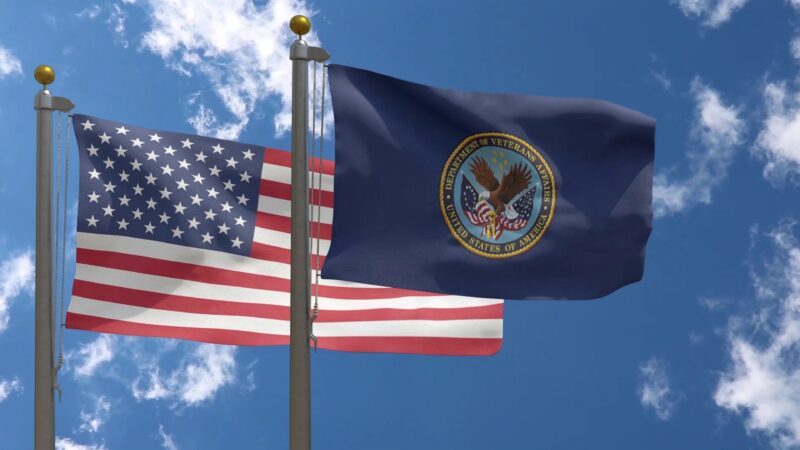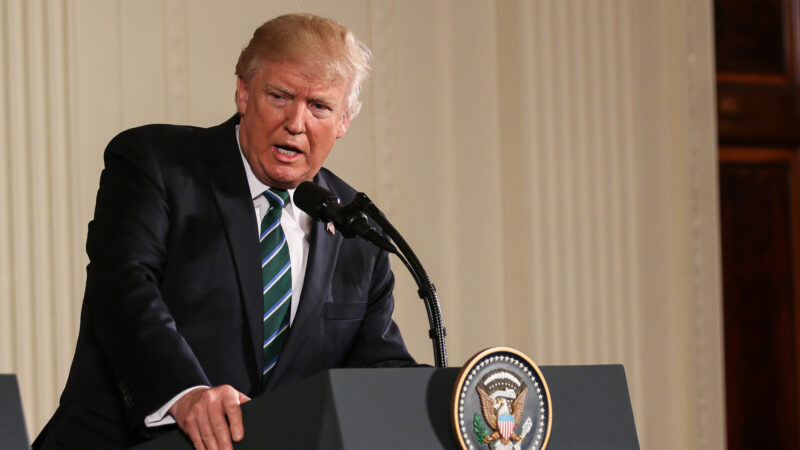Secured a nationwide injunction blocking border wall construction without congressional approval and helped enact power-of-the-purse legislation to ensure future presidents cannot circumvent Congress.
Defending the Rule of Law
Our Work
In the 21st century, democracies tend to die by the erosion of democratic norms and guardrails rather than at the barrel of a gun.
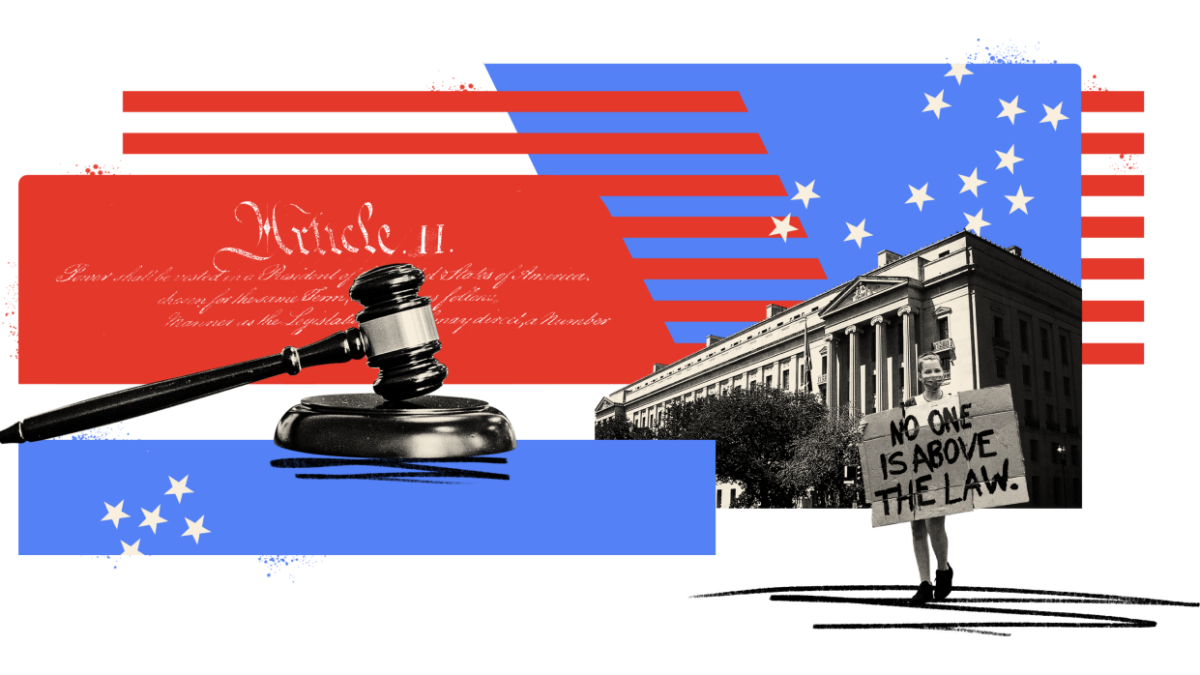
Would-be authoritarians often abuse their power, using it to eliminate checks and balances, quash dissent, target already marginalized communities, and deepen political divisions.
The Constitution and the laws we have built around it provide tools to constrain authoritarian behavior — but many of the norms and guardrails that help define our democracy are not written into law and are not self-enforcing. Together these restraints must be exercised (and strengthened) to prevent government officials from abusing their power and to ensure the law applies equally to everyone, from the most powerful to the least.
- Uphold the principle that nobody is above the law
- Ensure accountability for those who have attacked or undermined our democracy — regardless of their political standing
- Ensure meaningful checks and balances on executive power
- Stop abuses that target marginalized groups and their ability to participate in democracy
- Protect the ability of the public and the press to voice dissenting views
- Protect independent, non-politicized law enforcement and civil servant workforces
Helped prevent a sitting president from politicizing the Department of Justice to interfere in an election, in part through a multi-year campaign organizing thousands of Department of Justice alumni.
Impact in the News

Congressional Testimony: How to Strengthen Congressional Oversight Capacity Congressional Testimony:

Service secretaries and retired four-star admirals and generals file amicus brief on Los Angeles military deployment
On behalf of the following service secretaries and retired four-star admirals and generals, Protect Democracy highlighting the risks of Los Angeles military deployment.
June 12, 2025

Trump’s proposed sovereign wealth fund plan, explained
President Trump's plan for a sovereign wealth fund has raised questions about its purpose and how it would be managed.
May 14, 2025
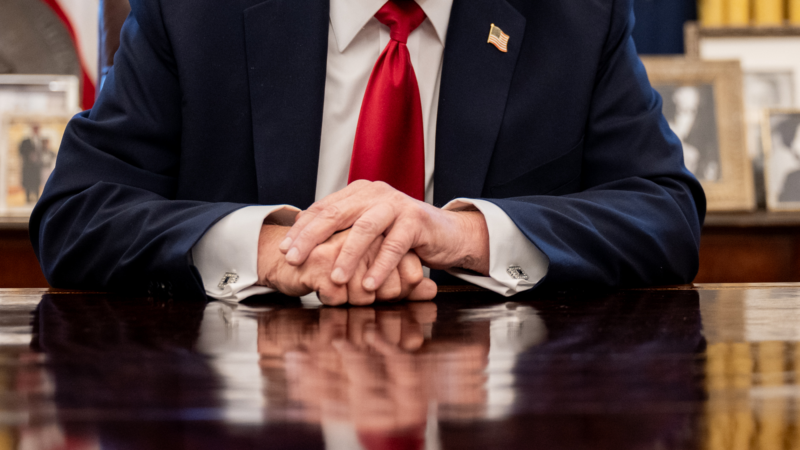
The Trump administration’s conflict with the courts, explained
Understanding the threats to our judiciary, its historic role in supporting our Constitution, and what the courts can do in response to threats.
May 8, 2025

Stopping the illegal exposure of America’s personal data
Protect Democracy is challenging the illegal access to sensitive personal information of millions of Americans by representatives of “DOGE”.
February 10, 2025

What to know about the new Schedule F order
A guide to navigating the new executive actions on the federal workforce and suggestions for what civil servants can do now
January 21, 2025
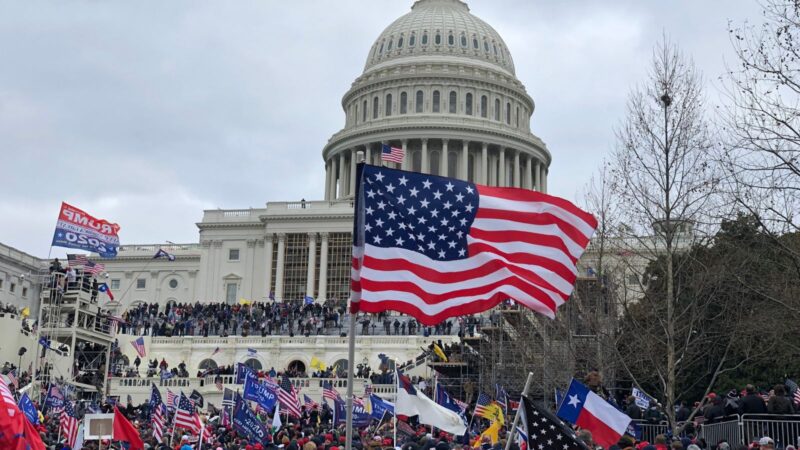
Republican opposition to pardoning violent January 6 offenders persists
January 6 was not, as President Trump would have the public believe, a “day of love.” It was a day of shocking violence at the U.S. Capitol.
January 13, 2025
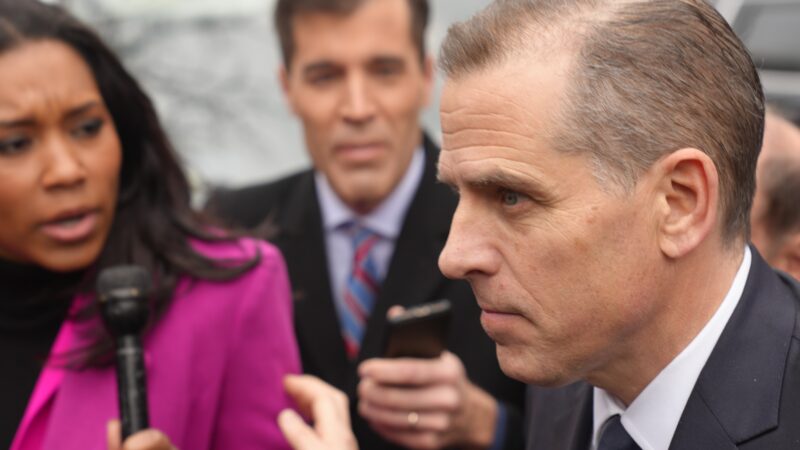
Why the Hunter Biden pardon is an abuse of power
The Hunter Biden pardon, together with Trump’s abuses, makes an urgent case for reform
December 3, 2024
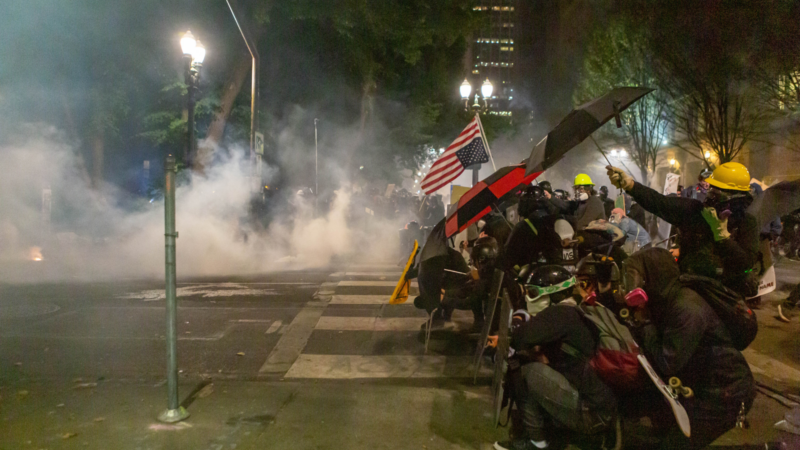
Peaceful protest is a bulwark for democracy
The importance of protecting space for peaceful protest in a period of rising authoritarianism.
October 31, 2024

How to reform domestic deployment authorities
There's an urgent need to pass reforms to how and when the National Guard may be deployed domestically, its command structure for domestic deployment, and the Guard’s legal authority when it acts.
September 10, 2024
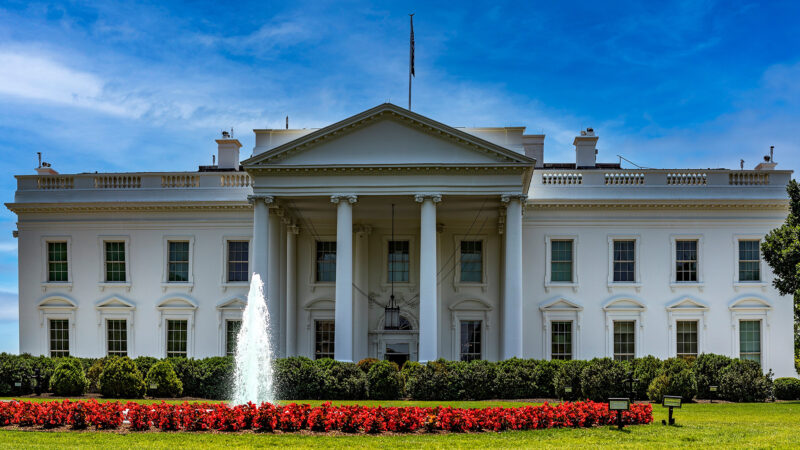
Authoritarianism, explained
Authoritarianism is a method of rule that suppresses political freedoms and civil rights, using various levers of control to shift power from the people to the hands of one ruler or set of rulers.
August 12, 2024
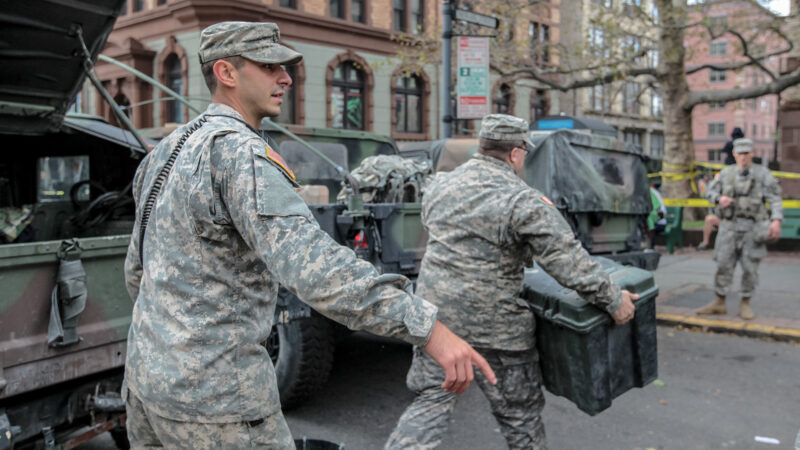
Understanding domestic National Guard missions
The National Guard’s unique domestic mission comes with a unique responsibility to the American people
August 5, 2024
